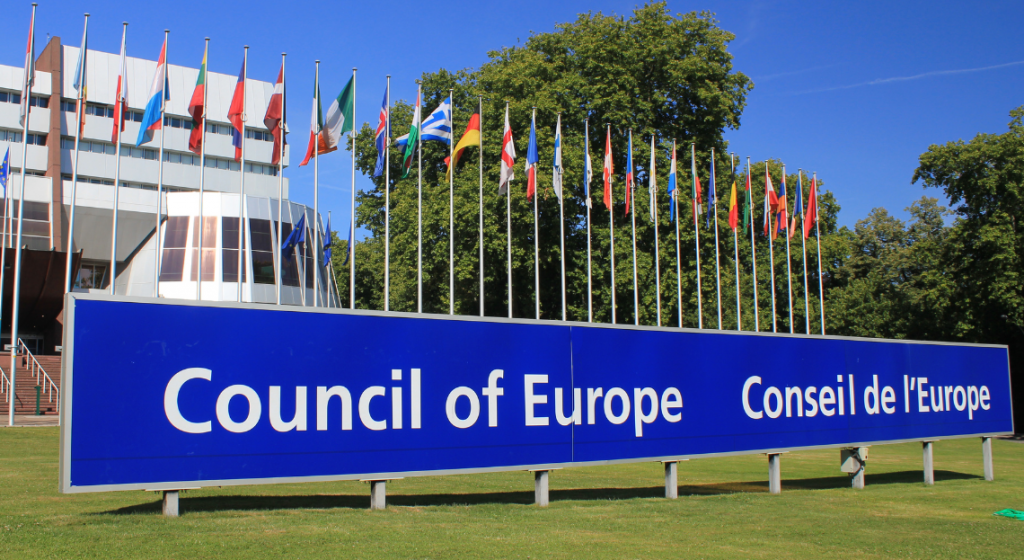The Council of Europe has firmly defended the independence of the European Court of Human Rights (ECtHR) following pressure from nine member states to change how it handles migration cases. Secretary General Alain Berset warned against turning the court into a political battleground, emphasizing its crucial role in defending fundamental human rights and democratic stability.
The debate was sparked by a joint letter from the leaders of Denmark, Italy, Austria, Belgium, Czechia, Estonia, Latvia, Lithuania, and Poland. They urged the Council of Europe to begin discussions on reforming the ECtHR’s approach, arguing that recent rulings have hindered their ability to deport migrants, even in cases involving criminal behavior or national security threats.
Berset responded on Saturday, stating that while democratic debate is healthy, political interference in the court’s work risks weakening the rule of law. He reminded member states that the ECtHR is not an outside force but a key institution created by the Council of Europe itself, with all 46 member states voluntarily accepting its jurisdiction.
The call for reform centers on the court’s decisions that have blocked deportations due to concerns about inhumane treatment or violations of family rights, as guaranteed by the European Convention on Human Rights. One case, Savran v. Denmark, ruled that deporting a mentally ill man without considering his long-term health needs was unlawful. Though these protections exist, only 11% of claims have succeeded between 2008 and 2021, showing that the court upholds deportations in most cases when they meet legal standards.
Still, some EU governments are pushing for more control over their borders. Germany has seen a sharp rise in deportations and border rejections in early 2025. Poland is expanding expulsions linked to organized crime and has passed laws to temporarily suspend asylum rights. Austria has frozen Syrian asylum cases and is revoking refugee status for thousands, despite acknowledging that deportations to Syria remain illegal. Italy has taken a controversial step by offshoring rejected migrants to Albania, raising concerns among rights groups.
Despite this, Berset stressed that weakening the court could dismantle Europe’s human rights protections and harm vulnerable people. He warned that the court must stay independent from political agendas to preserve justice and democratic values, especially during times of heightened migration tensions.
Legal experts support the court’s position, noting that the Convention does not ban deportations outright but requires fair treatment and individualized assessment. They argue that bending the rules could set a dangerous precedent.
The ECtHR, based in Strasbourg, has been a central part of Europe’s human rights framework since its creation. Though separate from the European Union, its influence spans across the continent. As migration pressures increase, the court’s role as a guardian of justice and human dignity is more crucial than ever.

